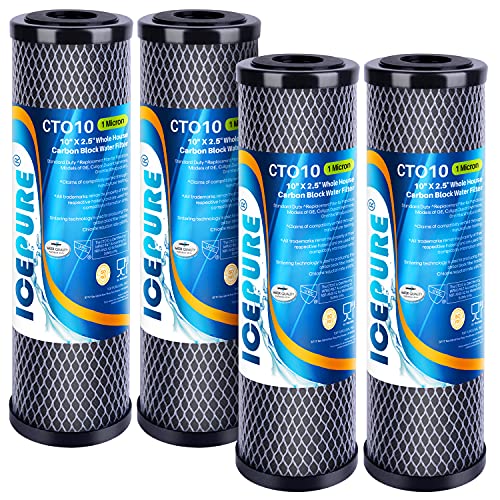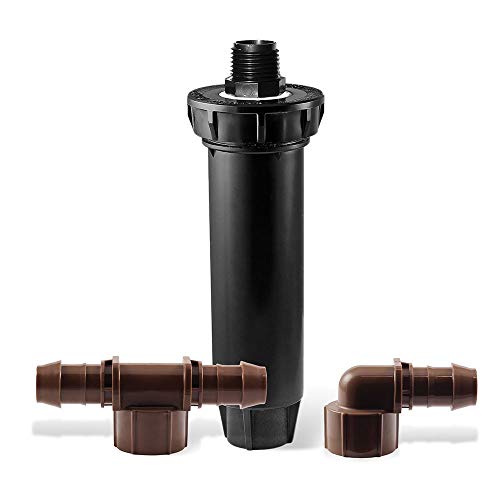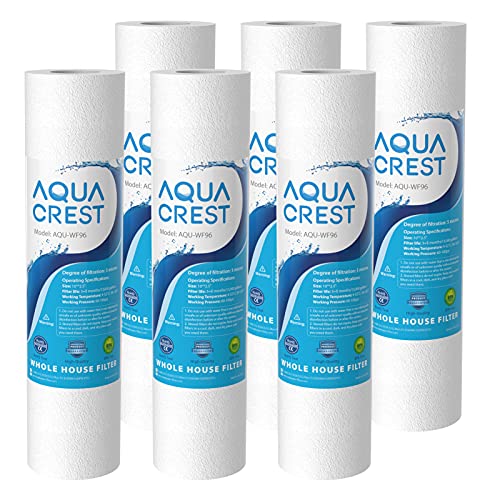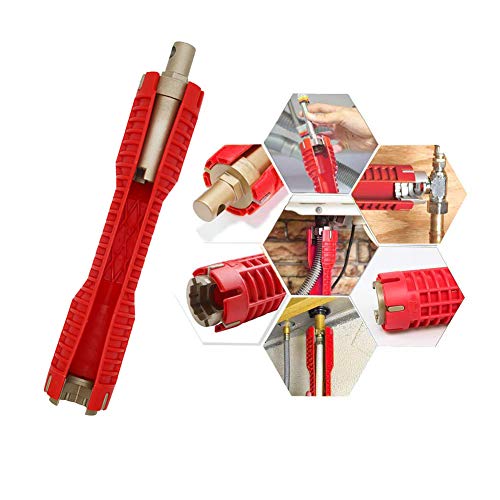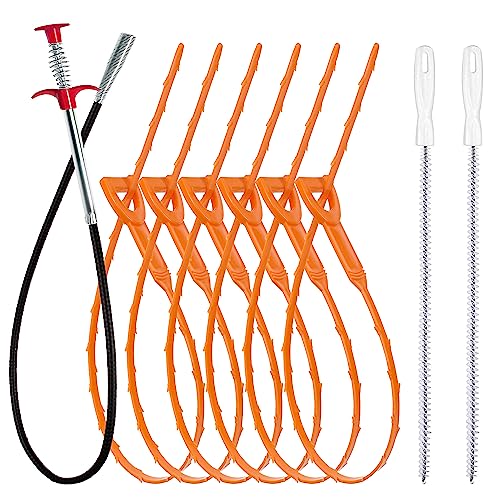So, what I'm getting is the sediment filter should go before the softener, and then I need an analysis of my water to determine what type of iron filter I need to remove the remaining Iron that my softener doesn't neutralize. I can tell you that our water is clear both before and after the softener. Also, holy crap that iron filter is expensive....
1) Sediment filter and or separator.
This is optional. It protects the next filter in line from fouling with sediment. Sediment filters are much cheaper than iron filtering media or carbon filters.
2) Chlorine or H2O2 injection (if desired).
3) Separate iron filter (if needed depending on water iron content(s) in water. There are three types, cartridge (low iron content), IN-OUT tank (throw away at end of service life) or back-flush type, the size and capacity matched to iron level(s) in water. These will require service at some point.
4) Carbon filter (again several types).
5) Particulate Filter- Again Optional (To remove any charcoal and or particulates not previously back-flushed) (also needed before treated water is introduced to UV).
6) Softener- A softener is meant for ion exchange, not filtering, although you can but have accelerated special salt usage, more frequent brine reservoir cleaning and back-flushing - media exhaustion.
7) UV- If desired.
8) RO (Drinking water- ice maker -dialysis usually.
The cost is why you need to spec the system exactly to your needs. A simple cartridge or IN-OUT iron filter has much less initial cost and maintenance.
Cartridge Type Iron Filter-
https://www.filterwaterdirect.com/products/nsi0-98-iron-removal-filter


















